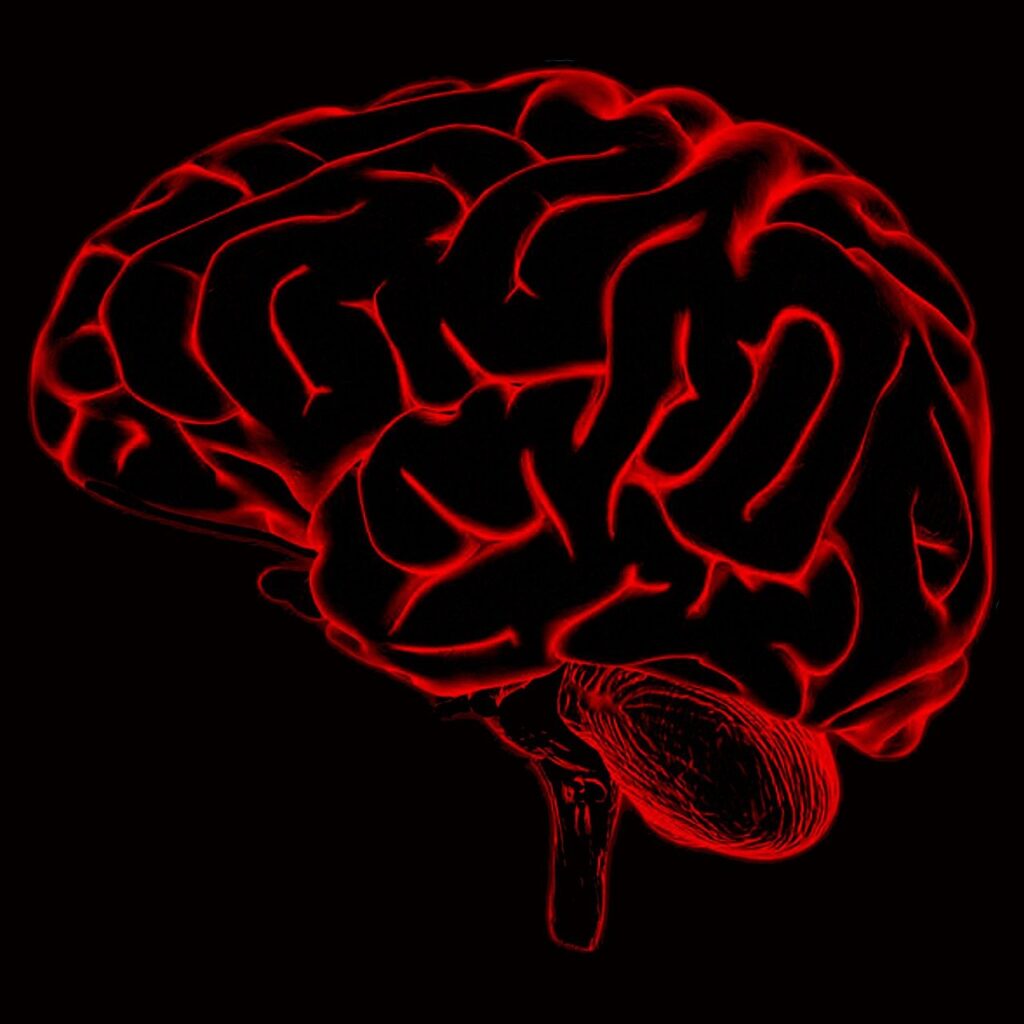This page contains affiliate links. It means we get compensated at no added cost to you. As an Amazon associate, we earn from qualifying purchases.
Try Audible Plus
Autism, a complex neurological condition, has intrigued researchers for decades, as they strive to understand its biological origins. While genetic and cellular studies have provided valuable insights, a new frontier of research has emerged—the human microbiome. Recent breakthroughs in computational analysis have uncovered a fascinating connection between the microbiome and autism. A study published in Nature Neuroscience has shed new light on this enigmatic relationship, utilizing an innovative approach to reanalyze vast datasets. The findings not only offer unprecedented insights into the biological underpinnings of autism but also highlight the urgent need for in-depth, long-term research. Furthermore, this comprehensive approach holds promise for investigating other complex conditions such as depression, Parkinson’s, and cancer, where the microbiome may play a significant role.
Exploring the Complexity of Autism
Autism is a condition characterized by its inherent complexity, presenting in diverse ways among individuals. The challenge lies in pinpointing the specific gut microbes involved in the condition. Microbiome studies often report relative proportions of microbes, requiring sophisticated statistical analyses to identify relevant microbial population changes. This complexity makes it difficult to distinguish the signal from the noise and unravel the precise mechanisms linking the microbiome to autism.
A Fresh Computational Approach
The study, a collaborative effort involving leaders in computational biology, engineering, medicine, autism research, and microbiome studies, offers a novel computational approach to tackle the complexities of autism. Originating from the Simons Foundation’s Autism Research Initiative (SFARI), the research team embarked on a meticulous reanalysis of numerous previously published datasets. By harmonizing disparate data and employing advanced computational methodologies, they uncovered a distinctive microbial signature that distinguishes individuals with autism from neurotypical individuals across multiple studies.
Unveiling the Microbial Signature
The groundbreaking analysis delved into 25 datasets encompassing microbiome information, gene expression profiles, immune system responses, and dietary data from both autistic and neurotypical cohorts. The algorithmic approach focused on identifying matched pairs of autistic and neurotypical individuals in terms of age and sex, factors that can confound autism studies. Treating each pair as a single data point enabled the simultaneous analysis of over 600 ASD-control pairs, culminating in a de facto cohort of over 1,200 children.
Surprising Discoveries
The results of the reanalysis stunned researchers as they identified autism-specific metabolic pathways associated with particular human gut microbes. Even more intriguing was the overlap between these microbes and those identified in a recent long-term fecal microbiota transplant study, validating the findings and providing external confirmation. The identification of clear overlaps between gut microbial and human metabolic pathways in autism represents a groundbreaking milestone in the field.
The Call for Long-Term Studies
While the study has provided significant insights, the researchers emphasize the need for long-term studies with interventions to unravel the cause-and-effect relationship between the microbiome and autism. Longitudinal studies offer valuable opportunities to understand how the microbiome evolves over time and its response to specific interventions. However, such studies must consider the practical and clinical restrictions inherent in long-term microbiome sampling of autistic individuals. Thoughtful study designs that account for these realities can yield comprehensive insights into both individual and group dynamics, aiding the interpretation of results.
A Broader Impact
The implications of this study extend beyond autism. The groundbreaking computational approach holds promise for investigating other complex conditions where the microbiome may play a crucial role, such as depression, Parkinson’s disease, and cancer. By applying similar methodologies, researchers can gain a deeper understanding of the role played by the microbiome in these conditions, advancing our knowledge and opening doors to innovative therapeutic interventions.
The study’s innovative computational approach has shed new light on the relationship between the human microbiome and autism. By identifying a unique microbial signature in autistic individuals and highlighting the importance of long-term studies with interventions, this research emphasizes the need for further exploration into the intricate mechanisms underlying autism and other complex conditions. The findings also have broader implications for biomedicine, offering a promising framework to investigate the role of the microbiome in diverse areas such as depression, Parkinson’s disease, and cancer. Through collaborative efforts and interdisciplinary research, we can uncover novel insights, develop targeted interventions, and enhance the well-being of individuals affected by these conditions.
As we continue to unravel the intricate relationship between the microbiome and our overall health, it becomes essential to gain deeper insights into the state of our gut microbiome and its impact on various aspects of well-being. If you’re intrigued by the potential connections between your gut health, immune system, cellular well-being, and aging, consider taking a Health Intelligence Test. This comprehensive analysis can provide valuable information about your gut microbiome and digestive health, empowering you to make informed decisions about your diet and supplements. Click here to discover how understanding your body’s internal processes can optimize your health and vitality.
